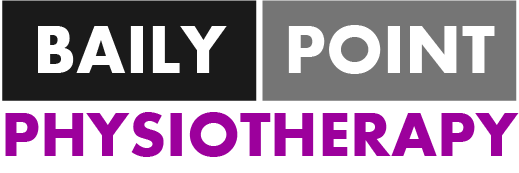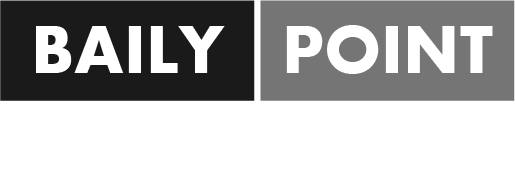WHAT IS BELLS PALSY?
Bell’s Palsy is the most common cause of facial paralysis. It is thought to be caused by an inflammatory reaction of the facial nerve to in the most cases the Herpes Virus. The nerve becomes damaged and is unable to transmit nerve impulses to the muscles of the face on one side. Facial paralysis can come on very suddenly ie overnight and can therefore be very traumatic for the patient.
WHAT DO WE TREAT?
Typical Symptoms include:
- Facial droop on one side
- Excessive tearing (“crocodile tears”)
- Ptosis (drooping of the eyelid)
- Dry eye
- Altered taste
- Difficulty chewing, sucking or blowing
- Slurred speech
- Altered skin sensation
- Synkinesis (unable to isolate movement of face)
- Weakness of facial expression (eg. Close eye, frown, raise eyelids, pout, smile, blow, suck etc)


